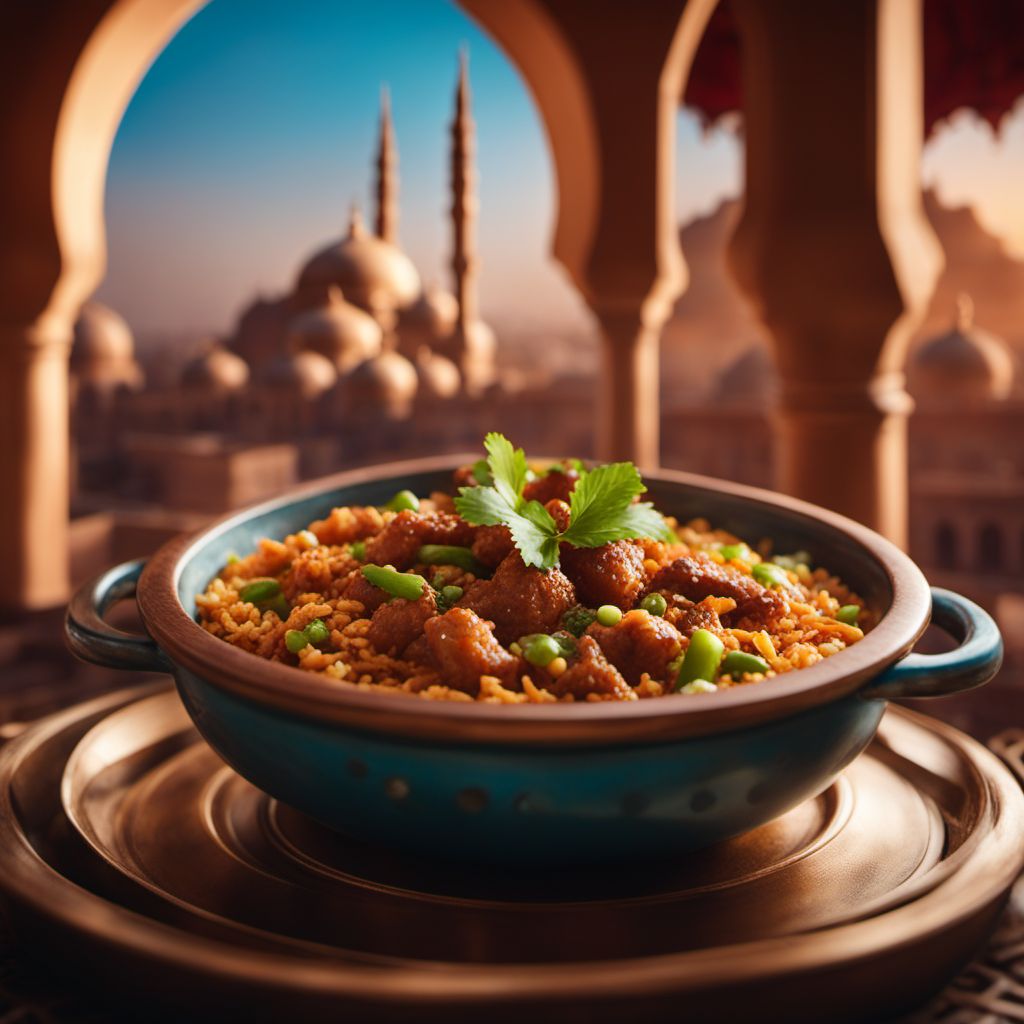
Cuisine
Eastern Arabian cuisine
Eastern Arabian cuisine is a flavorful and aromatic cuisine that has been influenced by various cultures and regions. It is known for its use of spices, such as saffron, cardamom, and cinnamon, which give the dishes a unique and rich flavor. Eastern Arabian cuisine is also known for its use of seafood, particularly fish and shrimp. Rice and bread are also staples in Eastern Arabian cuisine.
Typical ingredients
Rice, Fish, Shrimp, Lamb, Chicken, Yogurt, Cheese, Parsley, Mint, Coriander, Cumin, Cinnamon, Cardamom, Saffron, Sumac, Tahini, Pomegranate molasses
Presentation and garnishing
Eastern Arabian dishes are often presented on large platters or in communal bowls. Garnishes, such as fresh herbs and pomegranate seeds, are often used to add color and flavor to the dishes.
The Eastern Arabian cuisine is also known as Khaleeji cuisine.
More cuisines from this region...
Qatari cuisine, Saudi Arabian cuisine, Emirati cuisine, Kuwaiti cuisine, Yemeni cuisine, Omani cuisine, Bahraini cuisine
History
Eastern Arabian cuisine has a rich history that dates back to ancient times. The cuisine has been influenced by various cultures and regions, including Persia, India, and the Mediterranean. Eastern Arabian cuisine has also been influenced by the Islamic dietary laws, which prohibit the consumption of pork and alcohol. The cuisine has evolved over time, with new ingredients and cooking techniques being introduced.
Cultural significance
Eastern Arabian cuisine is an important part of the Eastern Arabian culture and is often associated with hospitality and generosity. Many Eastern Arabian dishes are served family-style, with large platters of food being shared among the diners. Eastern Arabian cuisine is also known for its use of spices and herbs, which are believed to have medicinal properties. In addition, many Eastern Arabian dishes are associated with religious and cultural celebrations, such as Ramadan and Eid al-Fitr.
Health benefits and considerations
Eastern Arabian cuisine is generally considered to be healthy, as it is based on whole grains, seafood, and vegetables. However, some dishes may be high in fat and calories, particularly those that are fried or made with meat.
Eastern Arabian cuisine recipes Browse all »
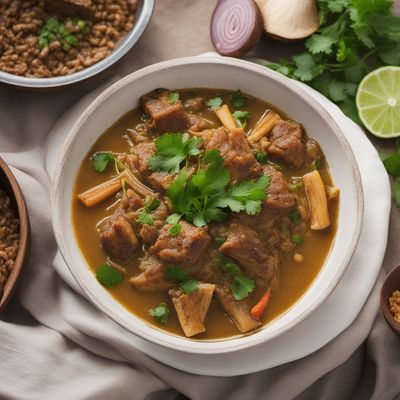
Pallubasa with a Middle Eastern Twist
Spiced Lamb Pallubasa: A Fusion of Indonesian and Middle Eastern Flavors
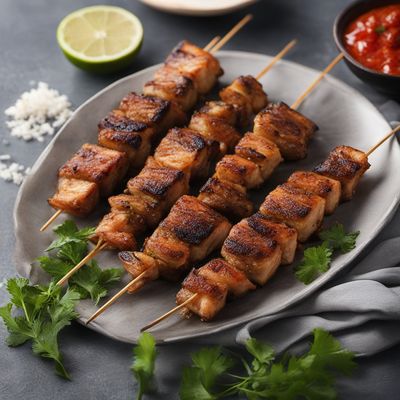
Grilled Carp Skewers with Eastern Arabian Flavors
Savor the Exotic: Grilled Carp Skewers with Eastern Arabian Spices

Genfo with a Middle Eastern Twist
Middle Eastern Genfo: A Fusion of Ethiopian and Arabian Flavors

Kupati-inspired Spiced Lamb Sausage with Middle Eastern Flavors
Middle Eastern Lamb Sausage Delight

Dorayaki with a Middle Eastern Twist
Arabian Delights: Middle Eastern Dorayaki

Eastern Arabian Delight
Majestic Arabian Sundae
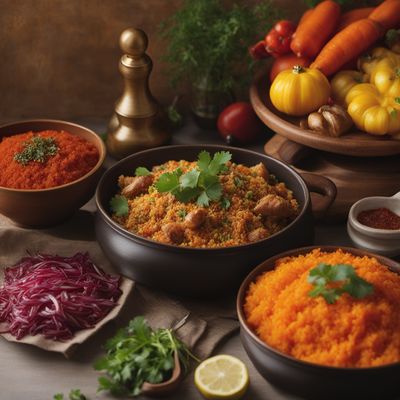
Poul ak nwa with a Middle Eastern Twist
Saffron-infused Chicken Stew with Eastern Arabian Flavors
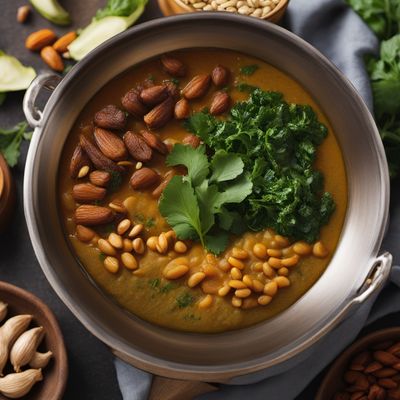
Muriwo unedovi with a Middle Eastern Twist
Savory Spinach and Peanut Stew with Middle Eastern Flavors

Eastern Arabian Seafood Stew
Spiced Delight: Eastern Arabian Seafood Stew
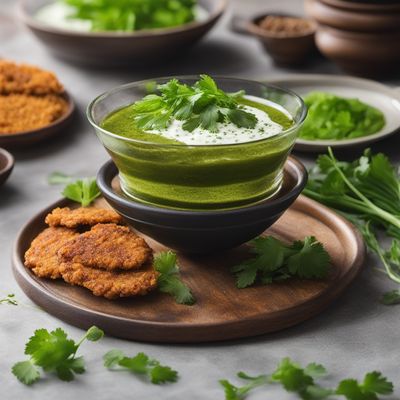
Wanjajeon with a Middle Eastern Twist
Saffron-infused Wanjajeon: A Fusion of Korean and Middle Eastern Flavors
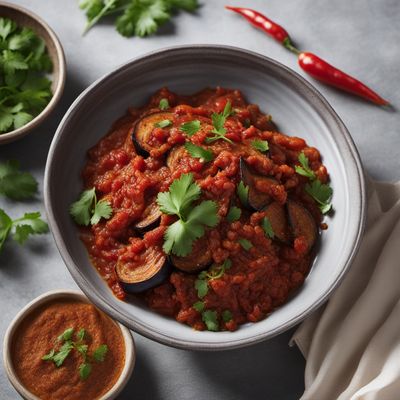
Spicy Eggplant Delight
Fiery Eggplant Fusion: A Spicy Delight from the East
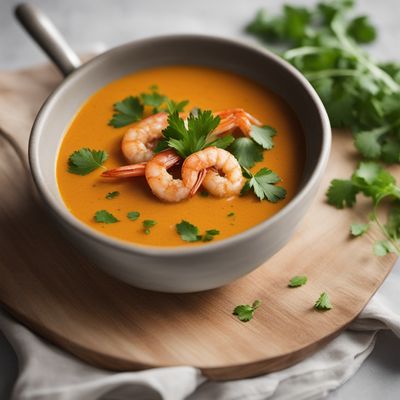
Eastern Arabian Spiced Shrimp Bisque
Saffron-infused Shrimp Bisque with Eastern Arabian Flavors